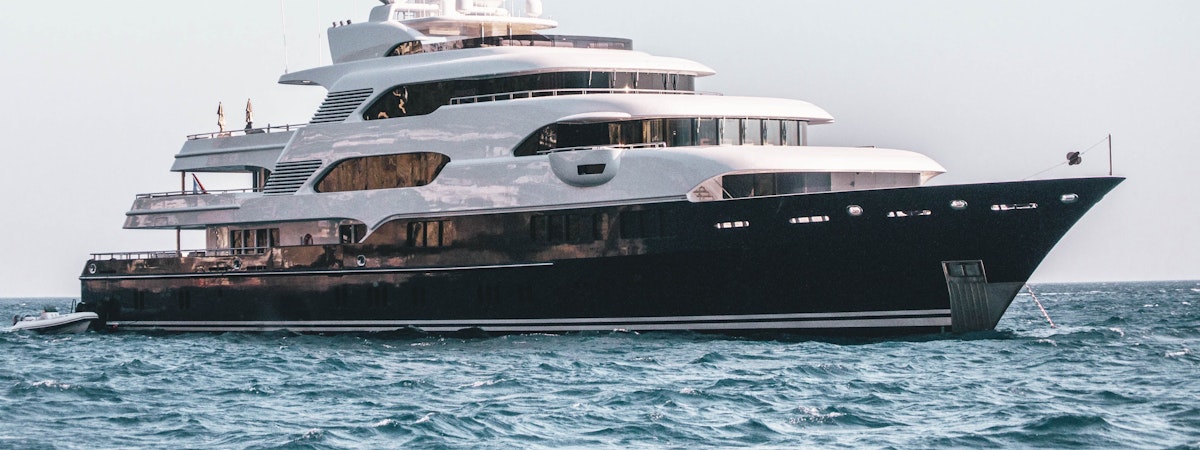
What to do with seized Russian owned superyachts
Since the outbreak of the war in Ukraine and the Western sanctions, many superyachts (beneficially) owned by Russian nationals have been seized or impounded in European ports (this article will focus on the EU sanctions, and more particularly on The Netherlands). Primarily this concerned yachts owned by persons on the lists of targeted persons, but subsequently most superyachts which could be traced back to Russian nationals have been seized or otherwise prohibited to leave. This may in part be caused by the fact that components and equipment on board may qualify as dual-use or are directly covered by the sanctions prohibiting export thereof (e.g. navigation and radio equipment).
Paying running costs of yachts becomes difficult
Also, Russian nationals or entities can no longer maintain bank accounts with banks, transferring funds is almost impossible as many Russian banks can no longer use the SWIFT system, and it is forbidden to trade with targeted persons. As a consequence, it has become very difficult to pay running costs of such yachts, or, where yachts are under construction or under repairs, to continue the building or repairs. Yards do not want to run the risk of being accused of continuing trading with Russian persons or entities or accepting payments, whether the beneficial owner is named on the target list or not. Claims thus may accrue; yards, crews, marinas, suppliers of fuel, spares or provisions may see invoices unpaid. Often no bank/external financing is in place, but when that would be the case, payment of interest and repayments could also become impossible. When the situation will go back to “normal” is uncertain: the general outlook rather is that it will take a long than a short time.
Obtain a judgment and sell the yacht in public auction
What can unpaid creditors do? For yachts that are in the Dutch jurisdiction that is relatively simple: obtain a judgment and sell the yacht in public auction. When the amount and urgency so require, and the claim is not (seriously) disputed, a judgment can be obtained in summary proceedings in a matter of weeks. A judicial sale can then take place in, say, another six weeks. When there is no serious defence against the claim, it is unlikely that the case will be defended. The more so now that Russian defendants will have difficulty in finding a law firm that will take them on as a client. Although legal assistance (in connection to defending or starting legal action) is a fundamental human right and the EU Commission recently confirmed that legal assistance to targeted persons or companies is not covered by the sanctions (let alone to non-targeted persons or companies), Dutch law firms fear reputation risks and most have sent their Russian clients away.
Auctioning a vessel in most other countries is lengthy and costly. Creditors of “Russian” superyachts in The Netherlands therefore are quite well off, including yards where such yachts are being built or repaired.
Should you require more information about seized Russian owned superyachts, please contact Carel van Lynden, specialist in transport and logistics.